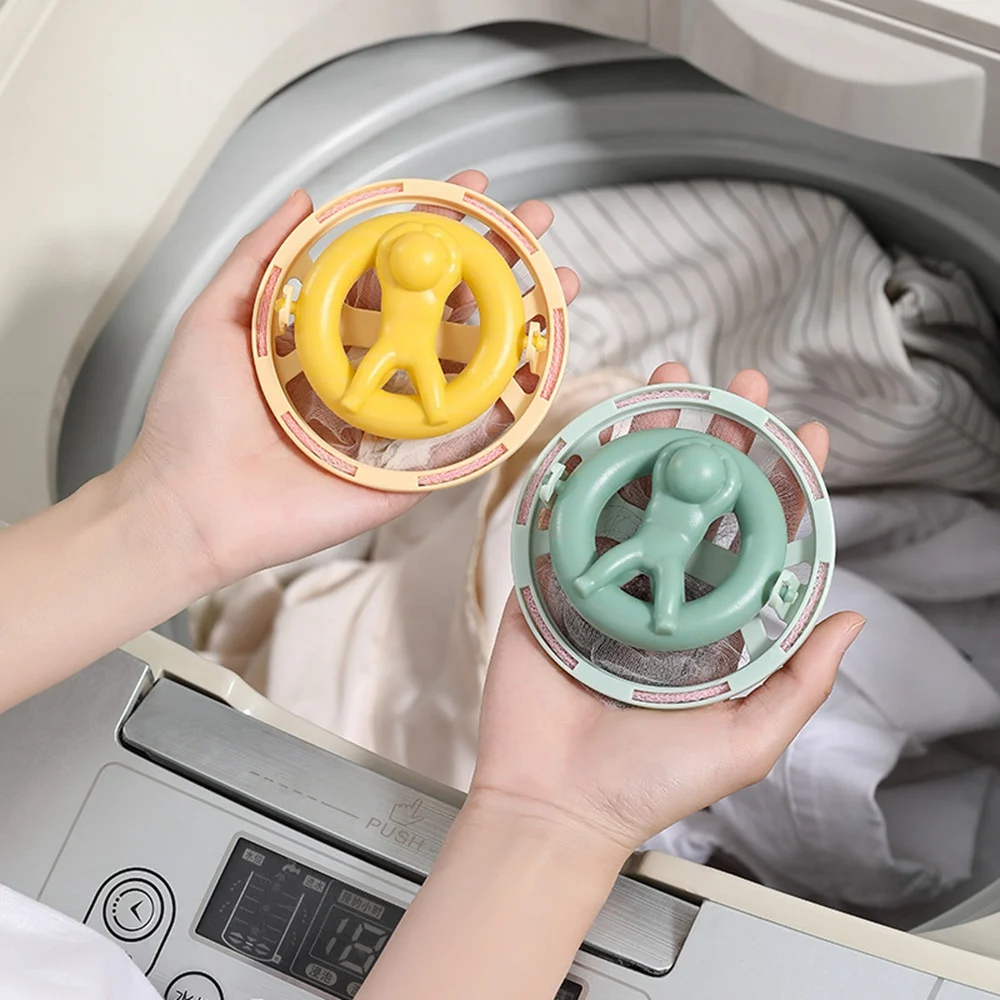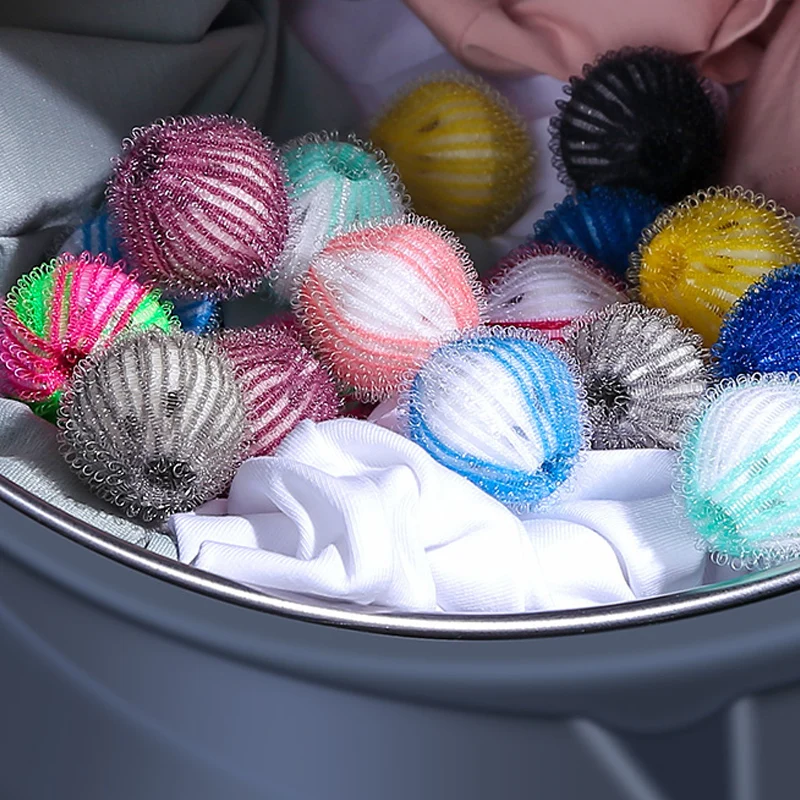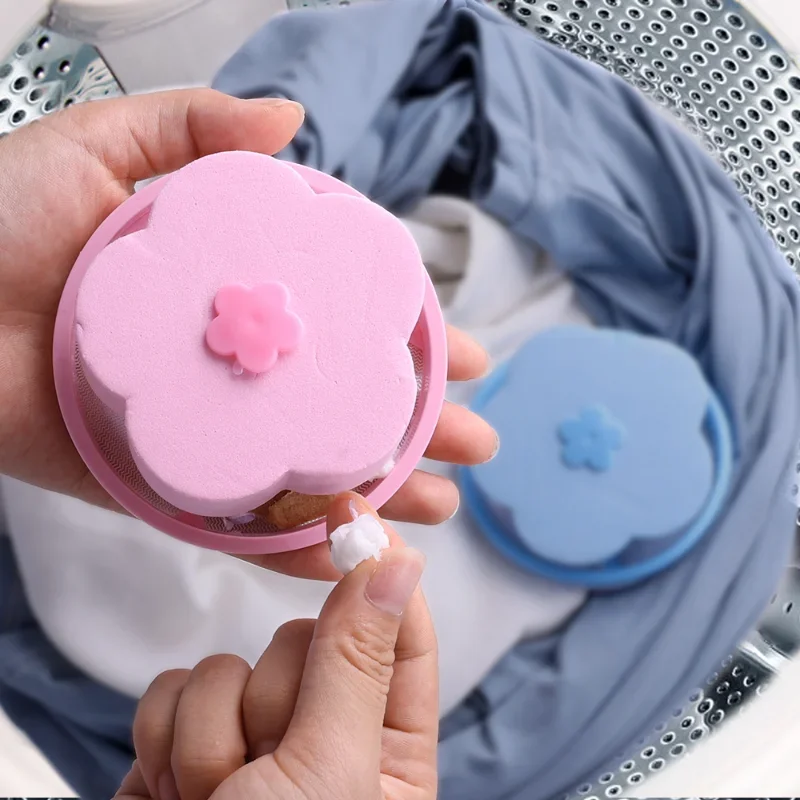Introduction to Smelly Washing Machine Challenges
Have you ever been confronted with a foul odor upon opening your washing machine? This unwelcome surprise is not just an annoyance but can also be embarrassing, especially if guests are around. A smelly washing machine can even impact the freshness of your clothes, leaving them with a less-than-pleasant scent after a wash cycle. The challenges associated with a smelly washing machine are diverse, affecting the machine’s efficiency, the well-being of your clothes, and the overall hygiene of your laundry routine. In this guide, we will explore the common causes of these odors, provide a step-by-step approach to eliminate them, and share preventative measures to maintain a fresh and clean washing machine. Ready to transform your laundry experience and say goodbye to smelly washing machine woes? Let’s dive in and tackle those challenges head-on!

Common Causes of Washing Machine Odors
Understanding the reasons behind a smelly washing machine is essential for finding the right solution. Here are common causes for those unpleasant odors:
Mold and Mildew
A damp, musty smell often points to mold or mildew. These fungi love the moist environment inside your machine, especially if you keep the door shut after use.
Bacteria Buildup
Bacteria from dirty clothes can linger and multiply, leading to a sour or foul odor. This happens when detergent and fabric softener residue mix with moisture.
Detergent and Softener Residues
Excessive use of these products can lead to layers of scum that harbor bacteria and emit unwanted smells.
Poor Drainage
If water doesn’t fully drain, it becomes stagnant. This can cause a smell similar to standing water.
Plumbing Issues
These can cause odors to back up into your machine. A rotten egg smell might signal a gas leak or sewer issue.
Each of these problems has a fix. Our step-by-step guide will help you tackle these causes, ensuring your washing machine stays fresh and odor-free.
Initial Cleaning: Gathering Supplies and Preparing
To start cleaning your smelly washing machine, you’ll need the right materials. Simple yet effective, the right supplies will make the process smoother. Here’s a handy list to prepare for your cleaning mission:
- Baking soda: A natural deodorizer, baking soda helps remove odors without scratching surfaces.
- White vinegar: This cuts through residue and acts as a mild disinfectant.
- Bleach: For tough grime and mold, bleach is a powerful alternative.
- Microfiber cloth or sponge: Use to gently but effectively clean surfaces.
- Rubber gloves: Protect your hands, especially when using bleach.
- Cleaning brush: Helps reach tight spots where mold and grime hide.
- Bucket: Mix solutions or hold hot water for rinsing tools.
Before you begin the actual cleaning process, remove any items from the washer. Wipe down any visible dirt with a dry microfiber cloth. Ensure the space is well-ventilated to avoid inhaling fumes, particularly if using bleach. With your supplies in place, you’re ready to tackle the odors and refresh your appliance.
Step-by-Step Cleaning Process
Our easy-to-follow steps will guide you through cleaning your smelly washing machine.
Remove and Clean Dispensers
Start by removing all dispensers from the washer. These often store residues and bacteria. Soak them in a mixture of hot water and vinegar for about 20 minutes. Then, scrub them with a cleaning brush, focusing on any difficult spots. Rinse them thoroughly with warm water and let them dry before replacing.
Sanitize with Baking Soda and Vinegar
Add 1/4 cup of baking soda directly into the washer drum. Pour 2 cups of white vinegar into the detergent dispenser. Run a hot wash cycle without clothes. This natural mix will bubble, breaking down residues and neutralizing odors. It’s also chemical free.
Deep Clean with Bleach as an Alternative
If mold is an issue, use bleach for deeper cleaning. Add 1/2 cup of bleach to the bleach dispenser. For top-loaders, put 1 cup of bleach directly in the drum. Choose the longest, hottest wash cycle. Run this cycle twice to ensure all bleach residues are gone.
Rinse Thoroughly with Hot Water
Finally, rinse your washing machine with hot water. This removes any last residues from baking soda, vinegar, or bleach. Set your washer to run the hottest, longest cycle without any contents. Hot water helps eliminate remaining bacteria and mold.
Follow these steps to deep-clean your washing machine and eliminate odors effectively. These practices maintain your machine’s efficiency and extend your appliance’s life span.
 Preventing Future Odors
Preventing Future Odors
Preventing odors in your washing machine isn’t just helpful; it’s necessary for maintaining freshness. Here are some key strategies:
Leave the Door Open for Air Circulation
Always leave the door of your washing machine open after each use. This simple act allows air to circulate and dry out any remaining moisture inside the machine, making it less likely for mold and mildew to form.
Proper Detergent Usage and Dosage
Use the correct amount of detergent. Overusing detergent can cause a buildup that leads to odors. Check the manufacturer’s guide for the recommended amount.
Regular Cleaning and Maintenance Tips
Regularly clean your washing machine to prevent the buildup of mold, mildew, and bacteria. Once a month, run an empty hot wash cycle with vinegar to naturally disinfect and deodorize the interior.
Dealing with Hard Water Impact
If you have hard water, it can contribute to residue buildup in your machine. Use water softeners or non-precipitating water conditioners to combat the effects of hard water.
By following these guidelines, you can maintain a fresh and odor-free washing machine, enhancing your laundry routine and the lifespan of your machine.
Addressing Specific Odor Issues
Dealing with persistent and specific odors in your washing machine requires targeted strategies.
Solutions for Rotten Egg Smell
A rotten egg smell could indicate bacteria or a serious gas leak. Assuming it’s bacteria, run a hot cycle with a cup of bleach. If the smell persists, investigate plumbing or contact a professional.
Troubleshooting Sewage-Like Smells
Sewage-type odors may suggest plumbing problems or trapped sewer gases. Inspect your machine’s drain hose. If no clogs are found, seek a plumber’s help to check for deeper issues.
Combatting Mold and Mildew Accumulation
Mold and mildew cause a musty smell. Clean the drum and gasket with a mixture of vinegar and water. Leave the door open after each wash to dry the machine interior. If the smell continues, consider replacing old or worn gaskets.
When to Seek Professional Help
Sometimes, home remedies and cleaning solutions aren’t enough to tackle persistent or severe odors in your washing machine. If you’ve followed the steps outlined previously and the smell persists, it might be time to seek professional help. Here are signs that you need to call in the experts:
Persistent Odors After Cleaning
If after thorough cleaning, the stench remains, a deeper issue such as a hidden mold infestation might be present. Professionals can assess and treat these problems effectively.
Drainage or Plumbing Issues
Should you suspect that the source of the odor is plumbing-related, like standing water or sewage smells, a plumber will be necessary. They can diagnose and resolve problems that aren’t accessible or fixable on your own.
Gas Leak Suspicions
A rotten egg smell could mean a gas leak. This is a safety hazard and requires immediate attention from a qualified professional. Don’t attempt to fix this yourself; call your gas company or a technician right away.
Washer Damage or Malfunction
In cases where the washing machine is not functioning correctly, such as not draining or spinning, parts may be damaged. Trained appliance repair technicians can replace or repair these components safely and guarantee that your machine operates properly.
Uncertain About the Cause of the Smell
When you can’t pinpoint the cause of the odor or if the solutions you’ve tried aren’t working, professionals can help. They have the expertise to identify and solve complex issues that might not be obvious.
Remember, regular maintenance can prevent many of these issues, but when in doubt, it’s best to trust the professionals to handle your smelly washing machine woes. Their assistance ensures that you maintain a fresh and clean appliance, extending its lifespan and ensuring the hygiene of your laundry.
 Conclusion: Maintaining a Fresh and Clean Washing Machine
Conclusion: Maintaining a Fresh and Clean Washing Machine
Keeping your washing machine fresh and odor-free requires regular effort, but it pays off in the long run. By following the outlined steps, you’ve learned how to tackle unpleasant smells and what to do to prevent them. Remember, a combination of regular cleaning, correct detergent usage, and proper maintenance will keep smelly washing machine issues at bay.
Always air out your washer after use and be mindful of the amount of detergent you use. Monthly cleans with baking soda and vinegar or bleach can address mold or bacteria growth effectively. For an added defense against smells, consider a water softener if you have hard water.
If specific or persistent odors linger, don’t hesitate to call in a professional. They have the tools and expertise to resolve any underlying issues that may be causing the smells. By taking these proactive steps, you can ensure that your laundry routine remains hygienic, your clothes stay fresh, and your washing machine works effectively for years to come.
In conclusion, with just a bit of attention and care, you can keep your washing machine smelling clean and functioning well. So, embrace the steps outlined in this guide, and enjoy the satisfaction of laundry day, free from the woes of a smelly washing machine.
